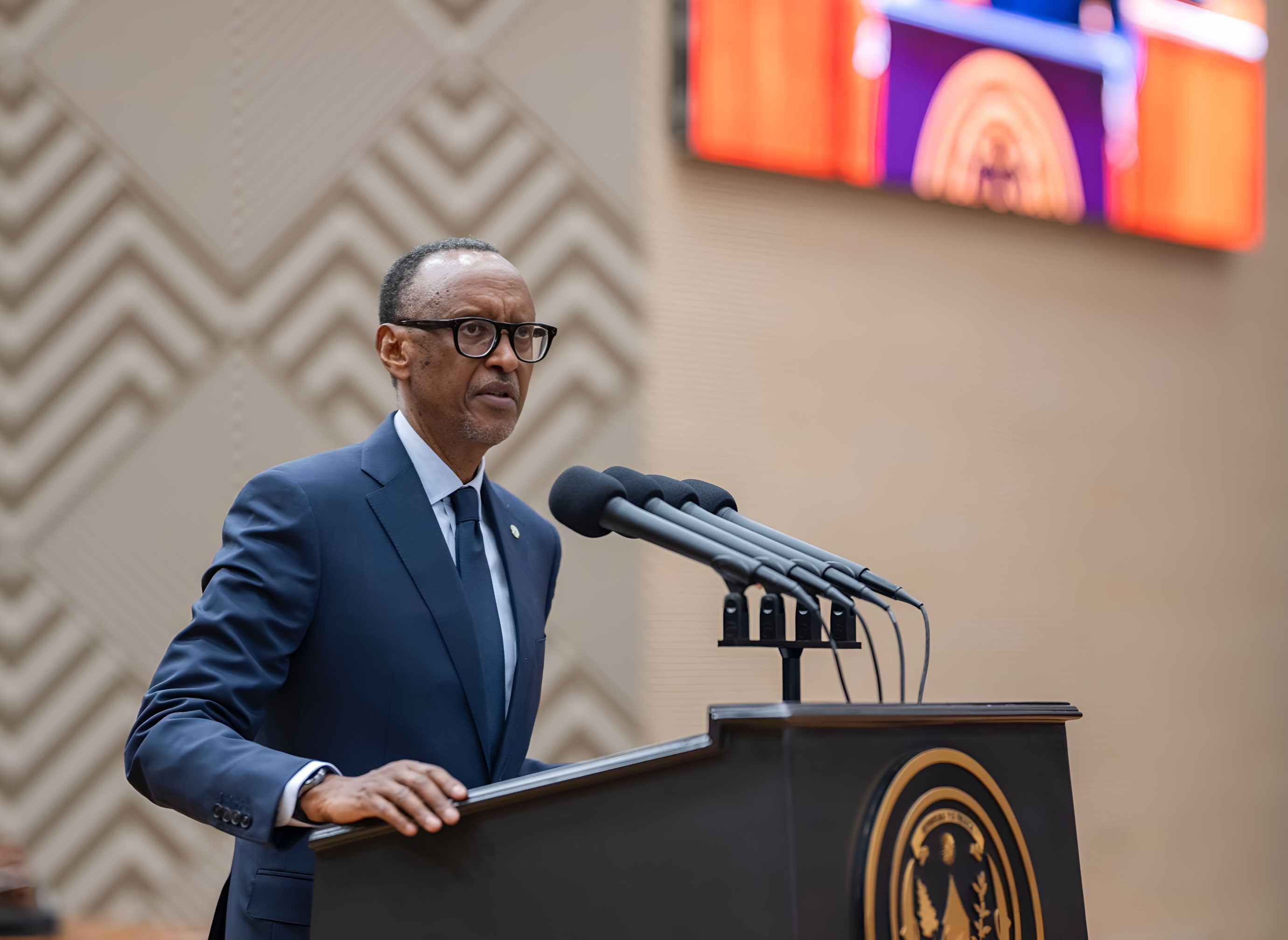Rwanda has declared a five-day national holiday from Wednesday, July 2 to Sunday, July 6, to commemorate the 31st anniversary of Liberation Day, a historic first in the country’s modern calendar.
The Ministry of Public Service and Labour announced that the official break will cover July 2, 3, and 4, Liberation Day itself, followed by the weekend, bringing most public and private sector activities to a complete standstill for five consecutive days.
Government services will resume on Monday, July 7.
Several key infrastructure projects are expected to be launched during the break.
In Rubavu district, a multi-billion Francs market complex will be unveiled, while in Kigali, affordable housing units will be handed over to selected beneficiaries.
Liberation Day, known locally as Kwibohora, marks the end of the 1994 Genocide against the Tutsi and the triumph of the Rwanda Patriotic Army (RPA), which ushered in peace and stability.
This year marks 31 years since the genocide ended on July 4, 1994.
The East African nation marks its Independence Day on July 1.
While many African nations treat independence as a celebration, Rwanda views July 1 through a more reflective lens.
The day is tied to the rise of a post-independence regime that institutionalized ethnic discrimination and violence, which contributed to the horrors of 1994.
By excluding it from the national holiday, Rwanda signals a deliberate effort to distance itself from colonial-era legacies and divisive politics.
The extended Liberation Day break comes amid heightened regional tension over the conflict in eastern Democratic Republic of Congo.
Kigali continues to deny accusations that it supports the M23 rebel group, while international actors including the African Union, United Nations, and major donors have urged restraint and dialogue.

